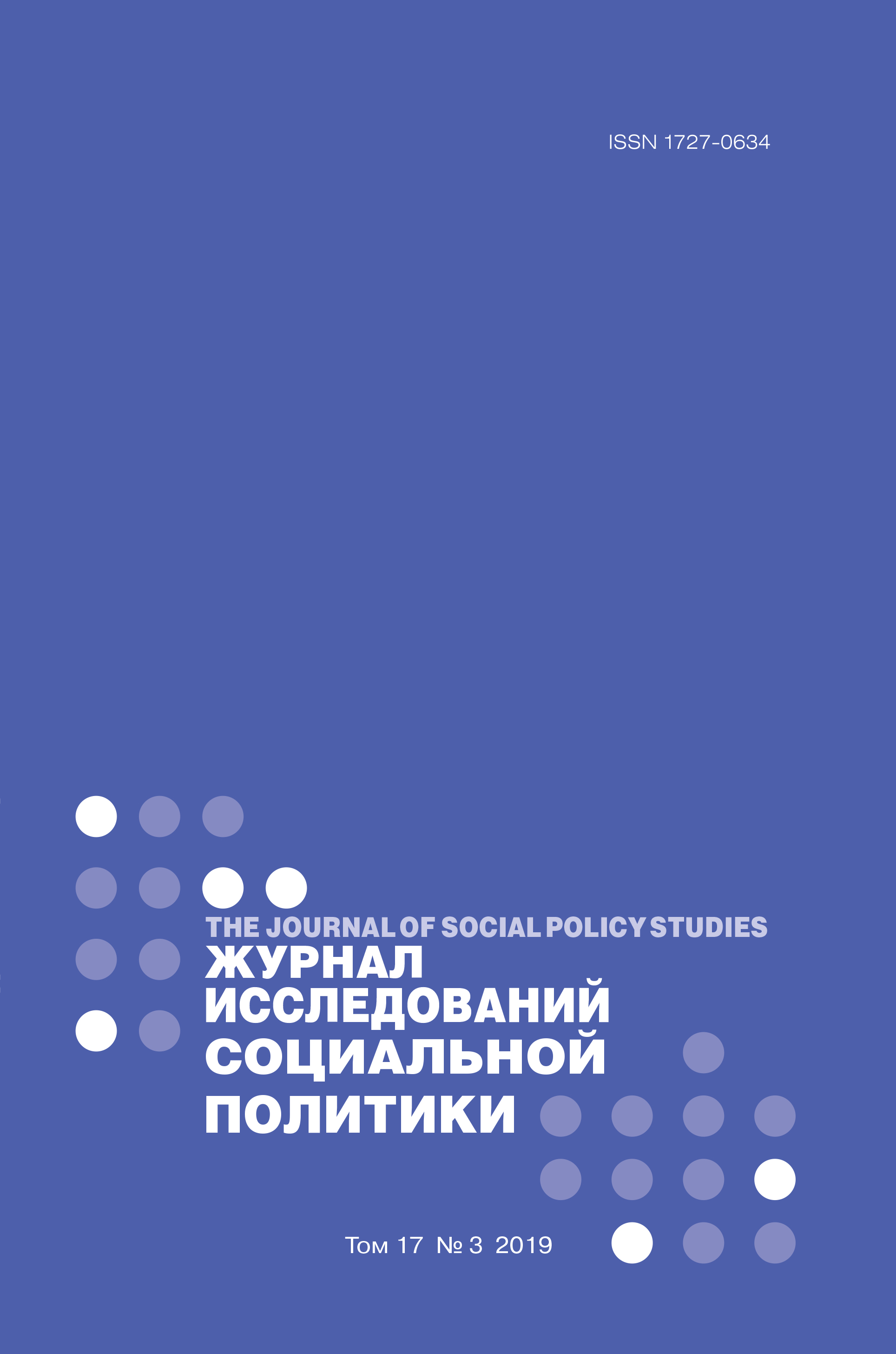Between Theology and Care: What does it Mean to Be a Hospital Chaplain?
Abstract
This article considers the main stages of development and problems discussed in the research field known as chaplaincy studies. These studies arose in the second half of the twentieth century in the English-language tradition as a result of the improved practical understanding of the experiences of non-parish ministries in Christian churches across various secular institutions. Modern chaplaincy studies bring together practitioners from different sectors, such as representatives of the academy and those who combine both academic and chaplaincy careers. Other distinctive features of the field are the dominance of studies carried out in English-speaking countries, the uneven study of individual sectors and analogues of non-parish Ministries that appear outside the Christian denominations. Due to the public importance of health care, the experience of the chaplains in this sector is often studied and can often serve as a point of comparison for researchers studying other sectors. This article considers in more detail how the work of priests in hospitals, peripheral to organized religion, was professionalized and reformulated in terms of providing universal spiritual and pastoral care to patients, their relatives and medical personnel, regardless of religious affiliation and beliefs. Alongside this professionalization process, these institutions experienced the transformative impact of neoliberal reforms. On the one hand, the increasing marginalization of hospital chaplains in relation to organized religion is explained in the context of religious dedifferentiation. This marginalization has become an important resource for Christian churches, giving the latter access to the non-churched majority. On the other hand, this resource is producing a new, reflective priest-researcher, for whom it is important to specialize in working with a certain category of patients, to combine pastoral work with counseling and solve individual problems. Additionally, it has become crucial developing techniques of listening and observation, as well as expanding methodological tools and publishing research results.















